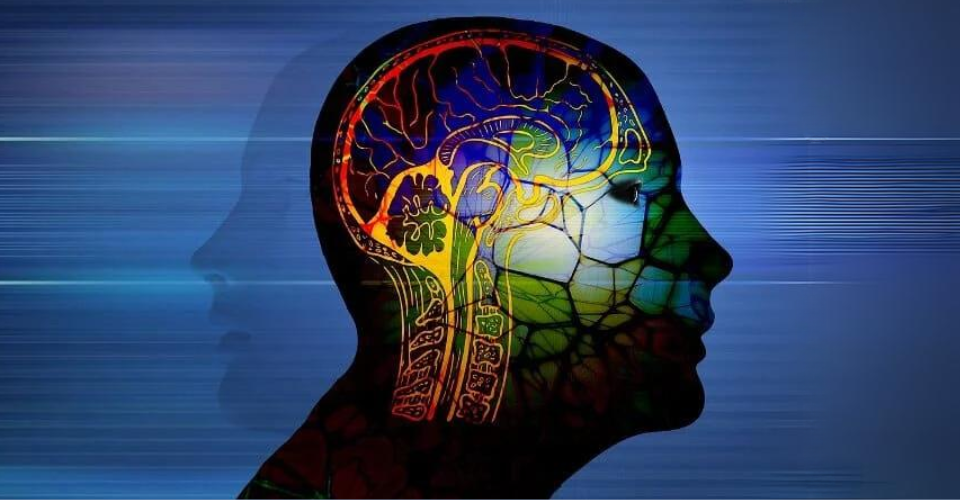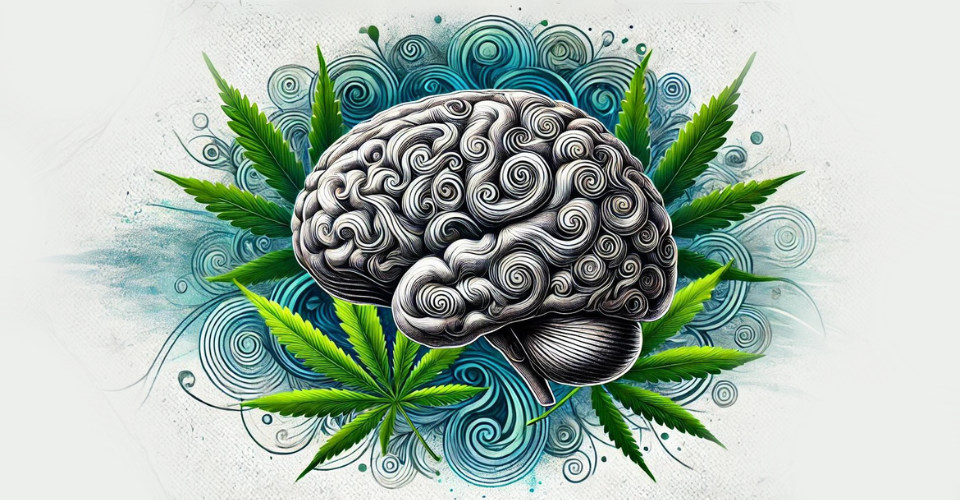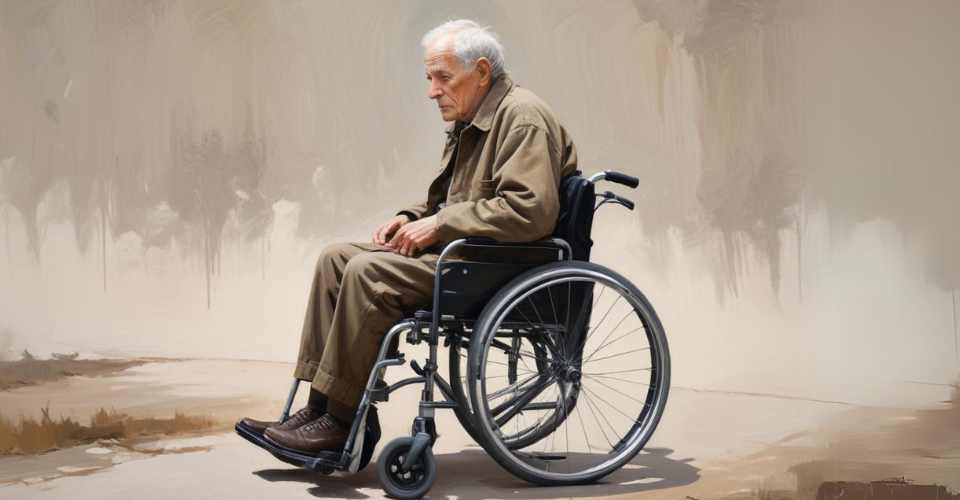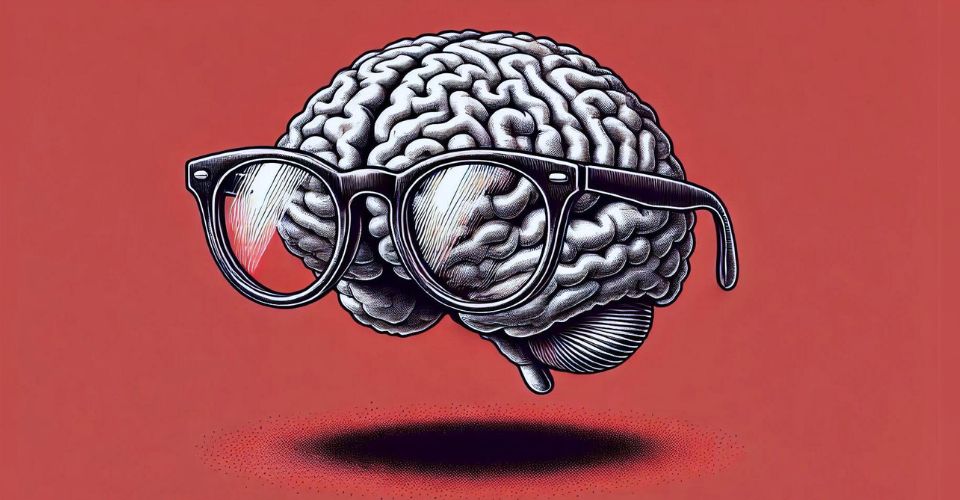On Tuesday, Golriz Ghahraman, a 43-year-old Member of Parliament (MP) from New Zealand, surprisingly resigned from her position following claims that she shoplifted at two different stores.
As a result, there have been talks to establish whether stress can lead to impulse actions with Ghahraman pointing stress and the impact on her mental health as the reasons behind her actions.
An Esteemed Human Rights Lawyer at the UN
In 2017, Ghahraman – originally from Iran – shot into prominence after being sworn in as New Zealand’s first refugee MP.
Prior to this role as a United Nations human rights lawyer, she was renowned for advocating on global issues.
Nevertheless, her recent resignation has shifted focus not only on the issue of shoplifting but also on the challenges she had experienced since her election.
The Unsettling Reality: Threats and Harassment
Ghahraman’s Green Party leader James Shaw noted that upon being elected she had been receiving serious threats including sexual violence; physical violence and death threats.
This is a clear indication that even law enforcement agencies are investigating these threats which shows how bad it has become for public figures.
Exploring the Connection: Can Stress Lead to Stealing?
Experts delve into if stress can force one into thievery in their bid to explain what led Ghahraman do that.
Stress really does cause theft according to Dr. Gorav Gupta who is a Senior Consultant Psychiatrist and Founder & Director of Tulasi Healthcare.
He further explains that cortisol levels are increased under stress, affecting decision-making structures such as prefrontal cortex structures responsible for decision-making processes.
During stress, this area becomes less active thereby impairing rational choices and fostering impulsive behaviors such as stealing.
However, Dr. Gupta underscores that while both conditions might involve stealing only one constitutes stress-induced theft while kleptomania is an extreme variation of theft that is unrelated to stress.
Dr. Gupta also argues that this kind of stealing is done as a way of responding to external demands.
Unlike kleptomania, such as the example given by Dr. Gupta, it is not driven by any relationship with stress or anything else.
Understanding Stress-Induced Behaviors
During extraordinary stressful circumstances, an individual can exhibit a wide range of behaviors including increased aggression, withdrawal symptoms, poor judgment, emotional volatility, sleep disturbances, difficulties in concentration and appetite changes.
On the other hand, risk-taking may be seen as temporary relief during difficult times according to Dr. Gupta. Understanding these responses becomes important for fostering empathy and support.
Dealing with Stress: Healthy Coping Strategies
Dr. Gupta advises individuals to employ key healthy coping mechanisms like mindfulness and deep breathing techniques in order to handle stress and reduce its negative effects on health.
Other things that can be done include having open communication lines within the network set up so as to provide support as well as take care of oneself while maintaining practical goals during stressful moments like this one.
Time management, setting boundaries; having a clear mindset; seeking professional help if needed are some of the measures that one can implement for resilience and overall well-being according to Dr. Gupta.
Ghahraman’s Apology and Resignation
She gave her apology without addressing whether she had stolen anything directly and stated “I’m so sorry.”
The lawmaker again said that “I wasn’t rational at all” before announcing her resignation because of her mental wellbeing which was the best option available.
A Call for Understanding and Support
One particular case that stands out is that of Golriz Ghahraman, which indicates the intricacies of stress, mental health and difficulties faced by those in public life.
As the discussion continues there has been a growing demand for empathy, understanding and support for individuals trying to navigate the pressures of public life.
The issue of mental health problems and cultivation as well as having a supportive environment still lingers in these discussions.
It is important, therefore, for New Zealanders to consider wider implications of Ghahraman’s resignation with regards to political leaders’ mental health showing compassion in their public offices.
This reminds us how all facets of life should prioritize well-being, since stress is connected to poor mental health and impulsive behaviors.




























